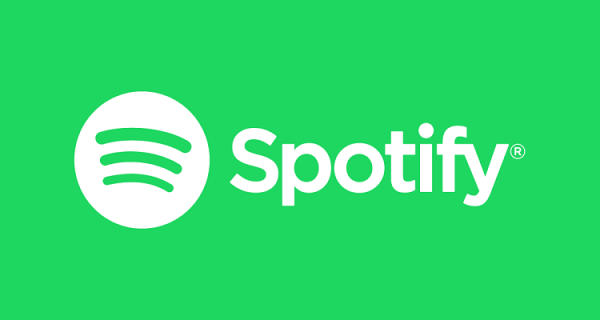
After a court battle lasting more than a year, Spotify agreed to pay $122 million USD, £84 million GBP, to songwriters who won their case against the streaming music site that was accused of underpaying royalties. The original suit was taken to court in what became a class action lawsuit initiated by musician David Lowery and songwriter Melissa Ferrick. The original offer of settlement was made in May of last year (2017) but not agreed until late May of this year (2018). Unfortunately, this settlement is just the beginning of the woes Spotify faces.
A Quick Breakdown of the ‘Deal’
According to sources at The Hollywood Reporter, Spotify will pay £43.5 million cash settlements and the remainder of the £84 million will be credited towards existing royalties. Although the streaming media giant refused to speak with the press or offer any comments whatsoever, that didn’t stop speculation over whether or not Spotify can survive the latest $1.6 billion suit brought to the courts by Wixen, a United States publishing company.
The Substance of This Latest Lawsuit
In this latest lawsuit, Wixen claims that Spotify failed to obtain the proper and legal licensing to stream music written by such greats as the late Tom Petty, The Doors and Neil Young. Having no license to play their music and in so doing not paying royalties to the publishing house, Spotify now is facing a sum of $1.6 billion USD if charges can be substantiated. Licenses to reproduce or play music is compulsory in the United States, as it is in the UK, and failure to obtain that licensing can result in huge fines, as these lawsuits make evident.
The Allegations Continue to Grow
Not only did Wixen allege that Spotify failed to get the legally required licensing, but also added to the suit that licensing work had been outsourced to the Harry Fox Agency, a royalty services provider. The suit alleges that the agency was not well-equipped to “obtain all the necessary…licenses.” Exactly what this means and how it affects the lawsuit is yet unclear, but the Harry Fox Agency apparently takes issue with the way in which licensing was obtained and will further clarify their objections when they get their day in court.
Questions Arise as to the Manner of Listing Shares
Being listed on the NYSE (New York Stock Exchange) with a current valuation of what amounts to $29.5 billion USD, the way in which it is listed is also alleged to be somewhat out of the ordinary. Instead of pursuing the usual channels for public listing, Spotify chose the direct listing route. This means that shares were sold directly to interested investors as opposed to being listed publicly on the exchange. While not totally out of the ordinary, there is some amount of controversy on why the streaming media company opted for this manner of selling shares.
With so much attention being given to the pirating of copyrighted music over the past few decades, this is big news in the music industry. Meanwhile, Spotify shares struggle on the exchange and even though the valuation for the company is high, its future may be in question if another suit is agreed.